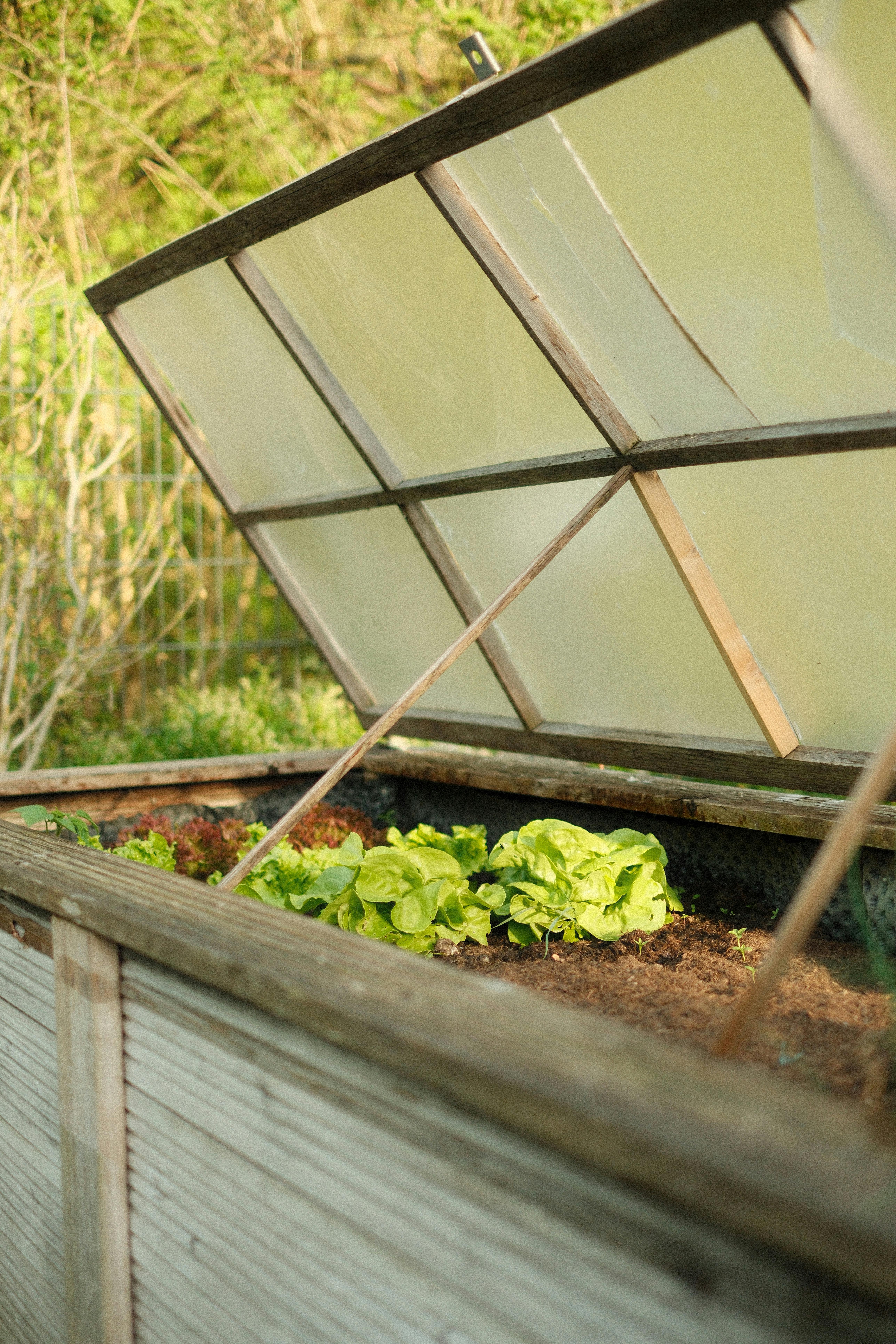
Introduction
In the realm of gardening, one revolutionary method that has taken the world by storm is raised garden beds. A raised garden bed is a rich planting area that is elevated above the ground level and usually enclosed within a frame which can be made from wood, rock, or concrete blocks. This method showcases an innovative departure from the conventional method of planting directly in the ground, and it comes with myriad ecological, economical, and aesthetic benefits. Whether you are a seasoned gardening expert or an amateur with a green thumb, exploring the advantages of raised garden beds could transform your gardening game and maximize your garden potential.
The Prolific Production Factor
One of the salient reasons why raised garden beds are a cut above their traditional counterparts is their prolific yield. According to experts at the UK Home Improvement Company, raised garden beds can contribute to a significantly higher production compared to flat, conventional gardens. As the plants are able to grow closer together in raised beds, it results in higher yields from the same amount of space. Moreover, as the soil is above ground level, it warms up faster in spring, leading to earlier sprouting and prolonged growing season. The efficient space usage and the extended growing season set the stage for a surfeit of veggies, herbs, or flowers, ensuring your garden is in full bloom for longer periods.
Excellent Drainage and Soil Control
Another fundamental advantage of raised garden beds is the superior drainage they offer, which is instrumental for healthy plant growth. Due to the elevation, water drains downwards naturally, avoiding any risk of waterlogging or soil erosion that can be harmful to the plants. In addition, raised beds give gardeners complete control over the soil mixture. It allows gardeners to provide the optimal soil combination for different plants by blending the ideal mix of topsoil, compost, coconut fiber, and other organic and inorganic materials. The possibility to control and customize the bed's soil type and quality translates to healthier, more robust plants.
The Convenience and Comfort Factor
Raised garden beds are not only beneficial for your plants but also for you. They are perfect for people who find bending and kneeling strenuous or those who have mobility limitations, such as senior citizens or people with physical disabilities. Elevated garden beds allow effortless access to plants without straining your back or knees, making the maintenance tasks like planting, weeding, and harvesting less physically demanding. Thus, making gardening an enjoyable and pain-free experience.
Natural Pest Repellents
Plus, the elevated structure of raised garden beds also acts as a natural deterrent to many garden pests. By raising the plants off the ground, you are placing them out of reach of creeping pests like snails and slugs. Also, the enclosure around the bed can prevent burrowing pests like voles and gophers. Further, employing methods like lining the bed with a layer of wire mesh can add an additional layer of protection against the pests, all contributing to a thriving garden.
In Conclusion
In essence, raised garden beds revolutionize the way we perceive gardening. They make optimal use of available space, offer superior drainage and soil control, reduce strain and improve accessibility, and serve as an effective pest barrier. Embracing this garden trend not only maximizes your garden potential but also cultivates an enriching and rewarding gardening experience. So, if you are looking to transform your garden or kick-start a new gardening journey, raised garden beds are indeed worth considering.